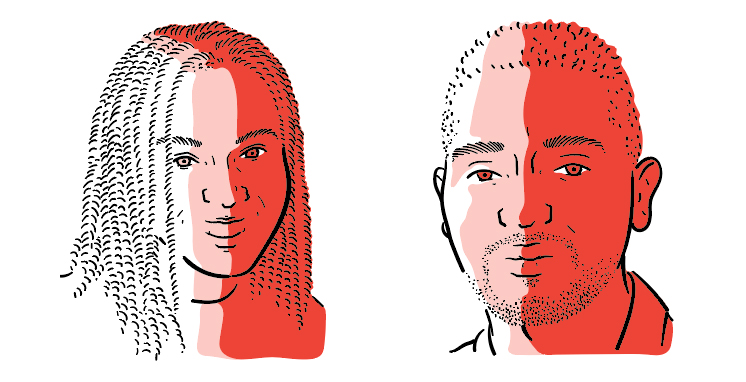In late May 2020, at the very beginning of the George Floyd protests, Niela Orr, one of The Believer's deputy editors, asked Ismail Muhammad, the magazine's criticism editor, for advice on an essay she was writing. Ismail provided helpful feedback. Feeling a complicated range of emotions, including terror, hope, anxiety, and despair, but also heartened by their intellectual kinship, the pair decided to organize a series of roundtables between Black writers in different disciplines. (The first two of those talks are now up on the Logger.) In early July, Ismail and Niela corresponded about their feelings and experiences as Black writers and editors during this tumultuous period. An edited and condensed version of those conversations can be read here.

You have reached your article limit
Sign up for a digital subscription and continue reading all new issues, plus our entire archives, for just $1.50/month.
Already a subscriber? Sign in





